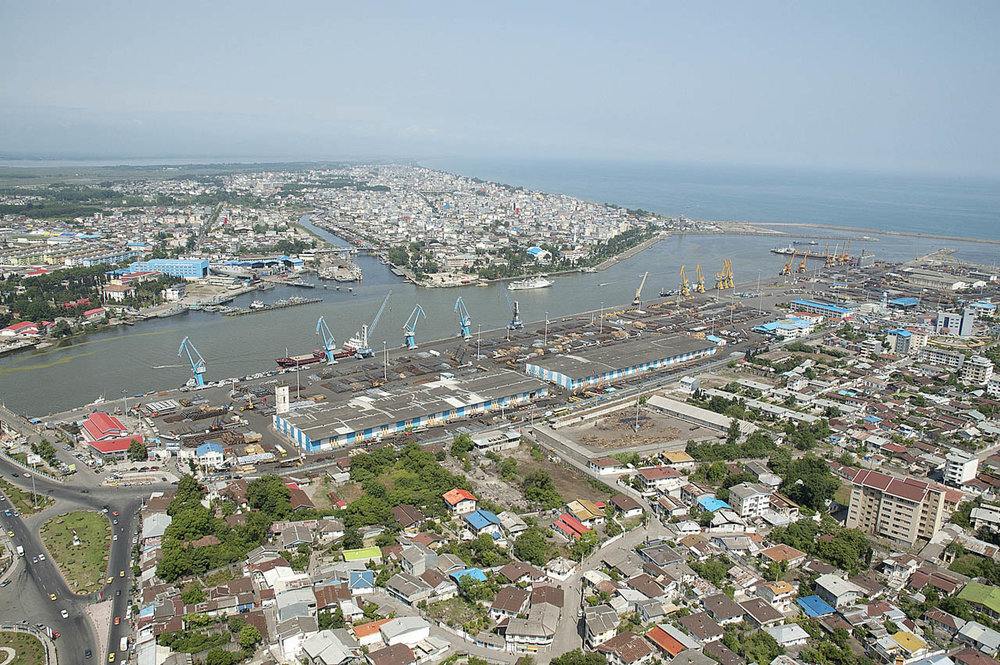9% VAT applied for goods produced in free zones

TEHRAN – The government is applying nine percent of value added tax (VAT) for all commodity items which are produced in Iran’s free trade zones (FTZs), a manager with Iran’s Free Zones High Council said.
Speaking in a TV program on Friday, Naser Khormali said the free zones tax exemption act, which was introduced in 2008, is not completely applied in any of the country’s free zones.
Noting that 945,000 people are currently living in free and special zones, which make up about four percent of the country’s total area, the official said producers in the free zones prefer to supply their goods from overseas when they have to pay nine percent of VAT for the import of domestic goods into free zones and vice versa.
“The country’s free zones are no longer attractive for investment, as it was provisioned for these areas to be,” Khormali regretted.
According to the official, over 81 trillion rials (about $1.9 billion) plus $22 billion was invested by domestic investors in the country’s free and special economic zones in the past six years, while $5.2 billion was invested by foreign investors.
These areas have exported $129 billion of non-oil products in the last six years, Khormali stressed.
Development of existing free trade zones and establishment of new FTZs is currently one of the major economic approaches of Iran and in a bid to attract more investments to these zones Iranian government offers various incentives to the investors.
Tax exemption is one of those incentives which has been offered for more than a decade to the investors in the free zones.
This incentive has been recently criticized by some officials and economists, while there are still many supporters of this exemption.
For instance, in line with Khormali, Abazar Azarboun, who is an expert with Iran’s Free Zones High Council, also believes that if the 20-year tax exemption in the country’s free trade zones (FTZs) is removed, the investment-making will be limited in this areas.
EF/MA
Leave a Comment